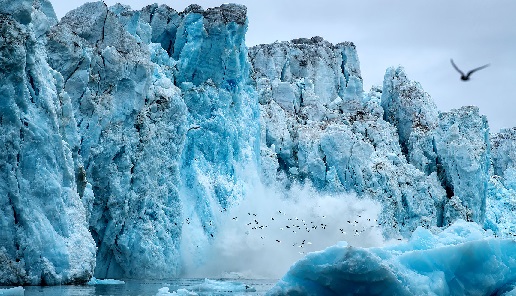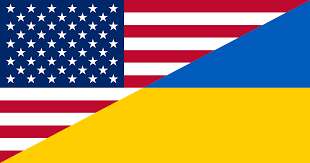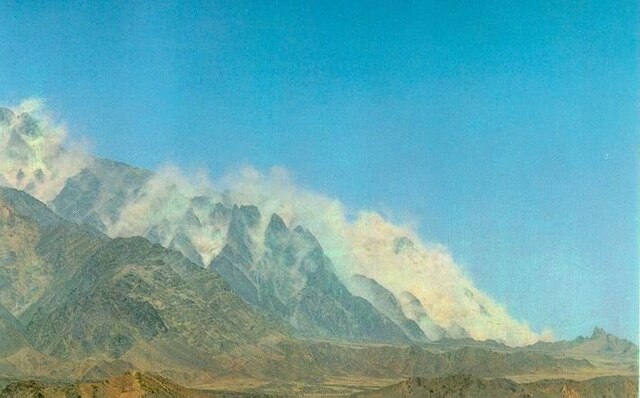- Islamabad
- 44.4°C
- Today ( Thursday, 12 June 2025)
- Home
- Environment
- Climate Change Impacts on Arctic Ecosystems
Climate Change Impacts on Arctic Ecosystems
The Arctic region is experiencing rapid environmental changes driven by global climate change, with profound implications for Arctic ecosystems and indigenous communities. Rising temperatures, melting sea ice, and shifting weather patterns are transforming the Arctic landscape at an unprecedented pace, triggering cascading impacts on wildlife, ecosystems, and traditional ways of life.
Scientists have observed significant declines in Arctic sea ice extent and thickness, leading to habitat loss for iconic species such as polar bears, seals, and walruses. Disruption of seasonal migration patterns and alterations in food availability pose challenges to the survival and reproductive success of Arctic wildlife populations.
In addition to ecological changes, the warming Arctic is exacerbating coastal erosion, permafrost thaw, and the release of greenhouse gases stored in Arctic soils. These feedback mechanisms contribute to the amplification of global warming and have far-reaching consequences for climate stability and sea-level rise worldwide.
Indigenous peoples of the Arctic, who rely on the region's resources for sustenance and cultural identity, are particularly vulnerable to the impacts of climate change. Rapid environmental changes disrupt traditional hunting, fishing, and reindeer herding practices, threatening the livelihoods and well-being of indigenous communities.
Efforts to address the impacts of climate change in the Arctic require collaboration, scientific research, and indigenous knowledge sharing. International cooperation, support for adaptation and resilience-building initiatives, and the integration of traditional ecological knowledge into policy-making processes are essential for mitigating the effects of climate change and safeguarding the Arctic environment for future generations.
-
In a significant development, China's achievements in creating hybrid wheat varieties resilient to saline conditions hold immense promise for Pakistan's agricultural landscape. The potential benefits include a substantial boost to the production of this vital crop, potentially...
-
At Heimtextil 2024, the world's largest home textile industry exhibition, Feroze 1888 Mills Limited, a leading Pakistani textile firm, collaborated with Danish material science company Pond to showcase their fabric crafted from bio-engineered yarn, stealing the spotlight at th...
Get Newsletter
Subscribe to our newsletter to get latest news, popular news and exclusive updates.


























Facebook Comments